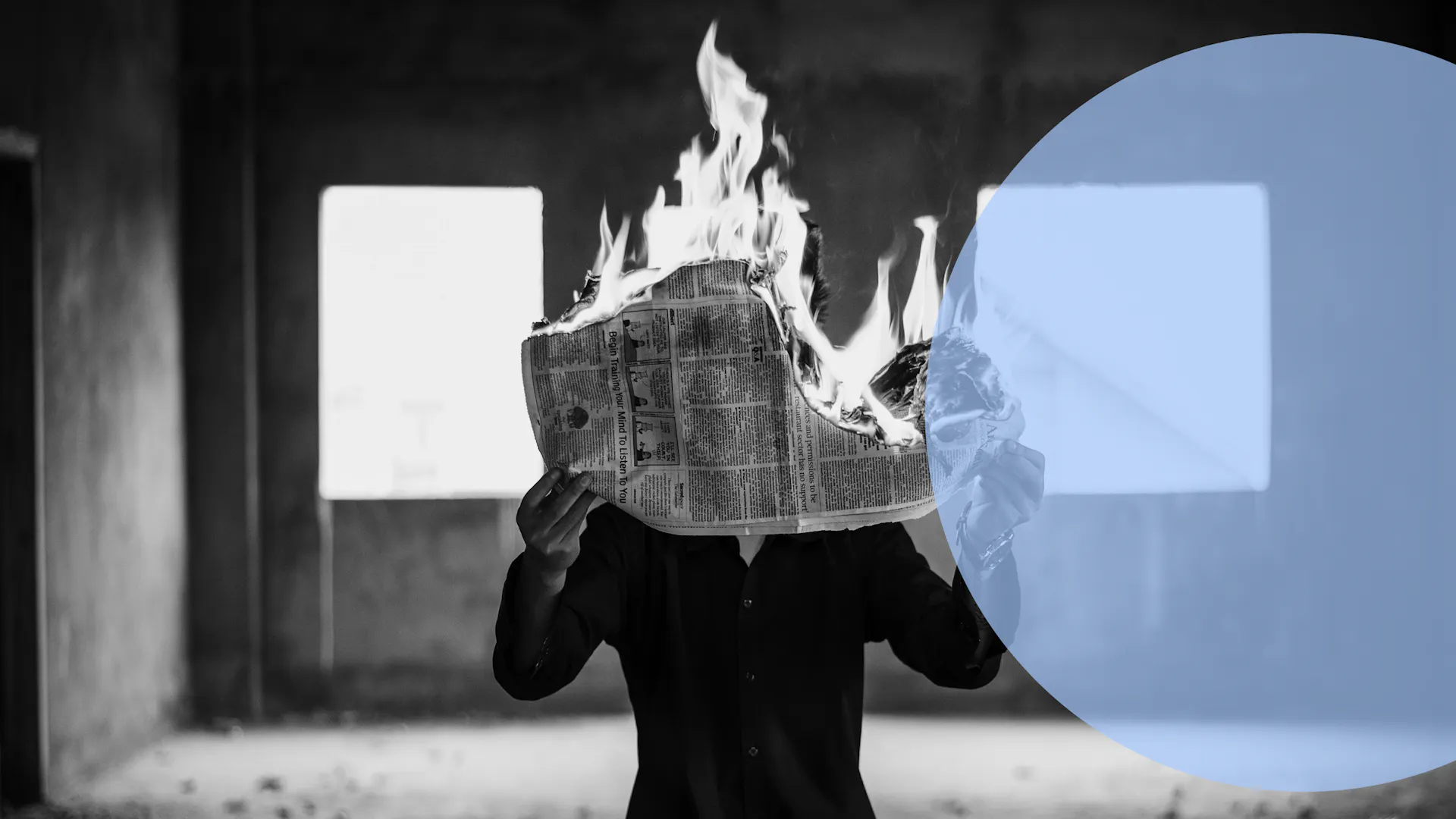Emerging threats

We support organisations striving to build a trustworthy, safe online environment where users can engage authentically in their communities.
Cross-sector corporatesWe support international government organisations and NGOs working to provide infrastructure or improve the capabilities, security and resilience of their nation.
International programmes and developmentWe support commercial organisations operating in a digital world, seeking to protect their reputation and prevent business disruption caused by cyber attacks and compliance breaches.
UK government and public sectorWe support UK government organisations responsible for safeguarding critical infrastructure, preserving public trust, and maintaining national security.



Almost a year and a half after it started, the war still rages on between Russia and Ukraine. Russia continues to spread disinformation about its need to eradicate Nazism in Ukraine, target NATO and advocate for an ‘anti-Western’ ideology. They do this mainly to bolster support for Russia, but also to denigrate Ukraine to the rest of the world.
If you happen to be floating around social media, you may have come across several profiles or pages donning a Russian flag or Vladimir Putin’s face. The page is probably titled something like “friends of Russia”, and is likely an account seeding pro-Russian disinformation, boosting support for Russian assaults on Ukraine. Additionally, some even claim to be independent media channels monitoring and reporting on the invasion – but these pages spread false information that mirrors and bolsters Russia’s narratives.
Over the past year, a flood of pro-Russian content has increasingly been surfacing on news outlets and social media platforms in Africa. There have been a few reports of popular French-speaking media pages suddenly pivoting to touting Russian interests. Using ‘bait-and-switch’ techniques, these pages first share humorous or viral content to collect followers before re-branding and posting videos on the invasion or international politics. Most importantly, these pages copy videos from banned Russian media, pro-Kremlin influencers, and Russian supporters in France’s political sphere. Not limited to a single platform, these pro-Russia channels have appeared across platforms and continue to do so, highlighting the scope and reach of the social media Russosphere.
These pages/channels target French-speaking Africa, and they aim to amplify Russia’s voice in those regions but also to deteriorate European and American influence and support. The ‘anti-West’ narrative has hit the right spot for former colonial countries in the Sahel Region wanting to distance themselves from their former European influences. Just recently, pro-coup protesters in Niger vandalised the French embassy in Niamey while carrying Russian flags and signs reading, “Down with France, long live Russia”. Similarly in Burkina Faso, which had a military coup late last year, Russian support has recently soared amongst its citizens.
With much of the world shunning Russia over its invasion of Ukraine, Putin appears to be making a bid to pull more African countries under its sway. Russia is exploiting former French colonies with severe poverty, political instability, depleted national resources and insurgency threats – taking advantage of the deep resentment of France’s colonial legacy.
More about Protection Group International's Digital Investigations
Our Digital Investigations Analysts combine modern exploitative technology with deep human analytical expertise that covers the social media platforms themselves and the behaviours and the intents of those who use them. Our experienced analyst team have a deep understanding of how various threat groups use social media and follow a three-pronged approach focused on content, behaviour and infrastructure to assess and substantiate threat landscapes.
Disclaimer: Protection Group International does not endorse any of the linked content.

At their core, artificial systems are a series of relationships between intelligence, truth, and decision making.

Feeding the name of a new criminal to the online OSINT community is like waving a red rag to a bull. There’s an immediate scramble to be the first to find every piece of information out there on the target, and present it back in a nice network graph (bonus points if you’re using your own network graph product and the whole thing is a thinly veiled advert for why your Ghunt code wrap with its purple-backlit-round-edged-dynamic-element CSS is better than everyone else’s).

There is a tendency to think that modern problems require modern solutions. Got a problem with AI-generated content? Your only hope is to build an AI-powered detection engine.